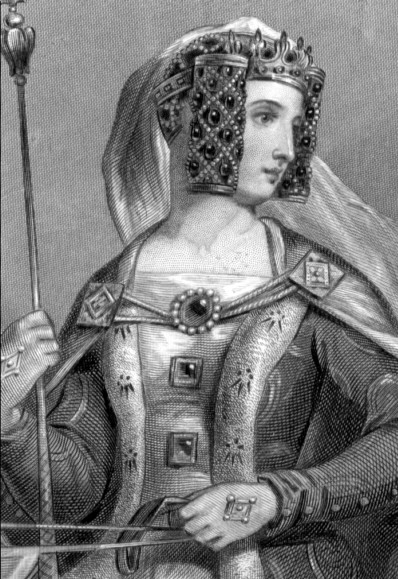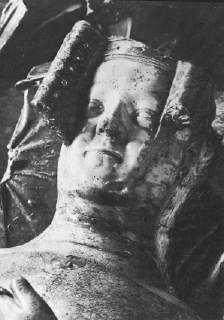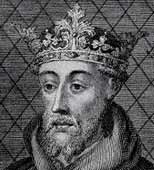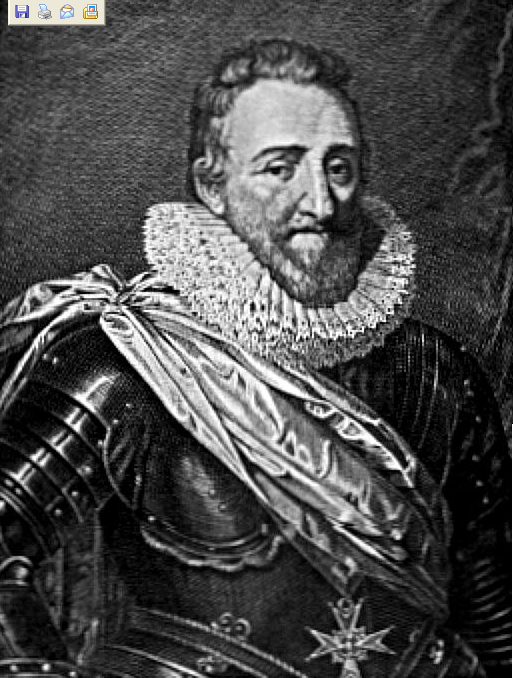of Hainault Family - Ourfolk
Queen Philippa of Hainault (of England) ABT 1314 - 14 AUG 1369
 |
Queen Philippa was born on ABT 1314 in of, Mons, Hainaut, Belgium and died on 14 AUG 1369 in Windsor Castle, Windsor, Berkshire, England . She was the daughter of Count Guillaume de Avesnes, III (1280 - 7 JUN 1337) and Countess Jeanne de Valois (de Avesnes) (ABT 1294 - 1352). Queen Philippa was married to King Edward Iii of England on 24 JAN 1327 in York, England. King Edward was born on 13 NOV 1312 in Windsor Castle, Windsor, Berkshire, England and died on 21 JUN 1377 (age: 64) in Sheen Palace, Surrey, England . He was the son of King Edward Ii of England (25 APR 1274 - 21 SEP 1327) and Queen Isabella of France (of England) (1292 - 22 AUG 1358). View Family Chart - - -
| ||||||||||||||||||||||||||||||||||||||||||||||||||||||||||||||||||||||||||||||||||||||||||||||||||||||||||||||||||||||||||||||||||||||||||||||||||||||||||||||||||||||||||||||||||||||||||||||||||||||||||||||||||||||||||||||||||||||||||||||||||||||||||||||||||||||||||||||||||||||||||||||||||||||||||||||||||||||||||||||||||||||||||||||||||||||||||||||||||||||||||||||||||||||||||||||||||||||||||||||||||||||||||||||||||||||||||||||||||||||||||||||||||||||||||||||||||||||||||||||||||||||||||||||||||||||||||||||||||||||||||||||||||||||||||||||||||||||||||||||||||||||||||||||||||||||||||||||||||||||||||||||||||||||||||||||||||||||||||||||||||||||||||||||||||||||||||||||||||||||||||||||||||||||||||||||||||||||||||||||||||||||||||||||||||||||||||||||||||||||||||||||||||||||||||||||||||||||||||||||||||||||||
Sources:
S1 The Queens of England and Their Times
Philippa is remembered by history as a
tender-hearted woman, who interceded with her husband and persuaded
him to spare the lives of the six burghers of Calais, whom he had
planned to execute as an example to the townspeople.
Queen Philippa: Michael Packe in his book King Edward III gives us a delightful description of the king and queen's first meeting:
tender-hearted woman, who interceded with her husband and persuaded
him to spare the lives of the six burghers of Calais, whom he had
planned to execute as an example to the townspeople.
'He spied on the unwitting sisters, and pounced on the youngest of them, Philippa by
name', at the time eight years old and nearest in age to Edward, who was nearly seven
years. He had then subjected her to a minute and terrifying scrutiny. Apart from some
criticism of her remaining baby teeth (they were 'not so white', he had found little fault
with her solid physiognomy. Her hair betwixt blue-black and brown and not uncomely',
her forehead large; her eyes blackish brown and deep, her nose though 'somewhat broad
at the tip and also flattened', was 'yet no snub-nose'; her mouth was wide and generous,
her ears and chin were 'comely enough', her mouth was wide and generous, she was of
middle height for her age, well taught, and of 'fair carriage'.
'Her neck, shoulders, and all her body and lower limbs are reasonably well shapen; all her
limbs are well set and unmaimed; and nought is amiss so far as a man may see. Moreover,
she is brown of skin all over, and much like her father; and in all things she is pleasant
enough to look at it seems to us.'
name', at the time eight years old and nearest in age to Edward, who was nearly seven
years. He had then subjected her to a minute and terrifying scrutiny. Apart from some
criticism of her remaining baby teeth (they were 'not so white', he had found little fault
with her solid physiognomy. Her hair betwixt blue-black and brown and not uncomely',
her forehead large; her eyes blackish brown and deep, her nose though 'somewhat broad
at the tip and also flattened', was 'yet no snub-nose'; her mouth was wide and generous,
her ears and chin were 'comely enough', her mouth was wide and generous, she was of
middle height for her age, well taught, and of 'fair carriage'.
'Her neck, shoulders, and all her body and lower limbs are reasonably well shapen; all her
limbs are well set and unmaimed; and nought is amiss so far as a man may see. Moreover,
she is brown of skin all over, and much like her father; and in all things she is pleasant
enough to look at it seems to us.'
King Edward was a King of England.
Edward's youth was spent in his mother's court and he
was crowned at age fourteen after his father was
deposed. After three years of domination by his mother
and her lover, Roger Mortimer, Edward instigated a
palace revolt in 1330 and assumed control of the
government. Mortimer was executed and Isabella was
exiled from court.
War occupied the largest part ofEdward's reign. He and
Edward Baliol defeated David II of Scotland and drove
David into exile in 1333.
Edward's youth was spent in his mother's court and he
was crowned at age fourteen after his father was
deposed. After three years of domination by his mother
and her lover, Roger Mortimer, Edward instigated a
palace revolt in 1330 and assumed control of the
government. Mortimer was executed and Isabella was
exiled from court.
War occupied the largest part ofEdward's reign. He and
Edward Baliol defeated David II of Scotland and drove
David into exile in 1333.
The Flemish master, Jean de Leige,
worked in France and he influenced the English sculpture. Among his most important and
representative tomb monuments is that of the queen of England, made in London in 1367. It can be seen, still in
an excellent state of preservation, in the choir of the Westminster Abbey. It shows the recumbent figure of
Philippa of Hainaut, wife of Edward III, who died in 1369. Her features as represented on the tomb give the
impression of an individual likeness. The rather pudgy face with its thick neck and double chins suggests a basis
in a life-mask.
worked in France and he influenced the English sculpture. Among his most important and
representative tomb monuments is that of the queen of England, made in London in 1367. It can be seen, still in
an excellent state of preservation, in the choir of the Westminster Abbey. It shows the recumbent figure of
Philippa of Hainaut, wife of Edward III, who died in 1369. Her features as represented on the tomb give the
impression of an individual likeness. The rather pudgy face with its thick neck and double chins suggests a basis
in a life-mask.
Last change (on this page): 15 OCT 2018



